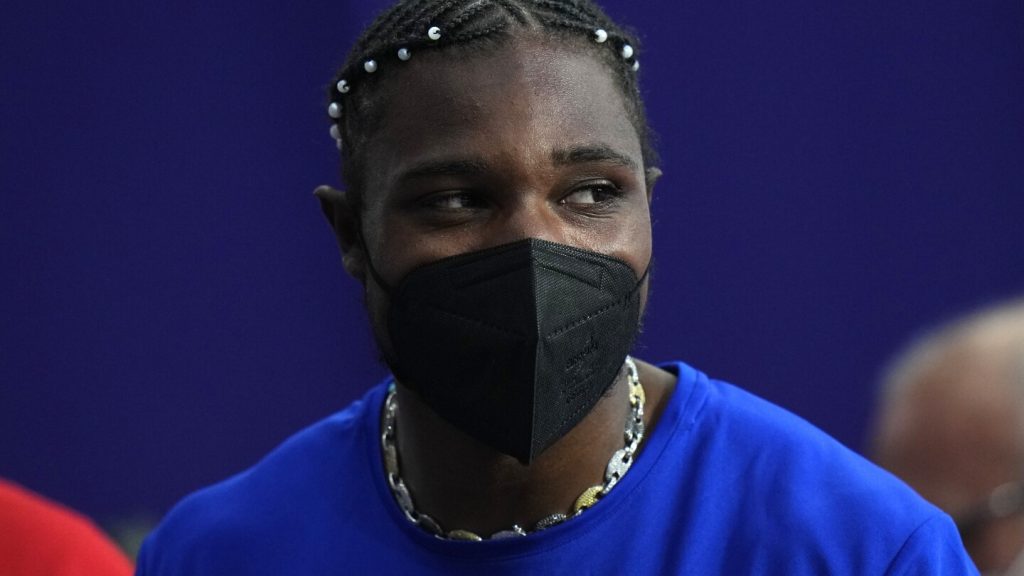The Paris Olympics are being seen as the “who cares about COVID” Games, with no restrictions in place and an atmosphere reminiscent of pre-pandemic times. Athletes and spectators are freely interacting without masks, and there are no requirements for proof of vaccination or negative tests for participants. This stands in stark contrast to the Tokyo Olympics in 2021 and the Winter Games in Beijing, both of which had strict COVID-19 protocols in place due to the pandemic.
Despite the relaxed approach in Paris, COVID-19 cases have been reported among athletes at the Games, with at least 40 positive tests confirmed by the World Health Organization. Notable athletes such as Noah Lyles and Adam Peaty have tested positive for the virus, leading to concerns about the health risks involved. However, the International Olympic Committee president has likened COVID-19 to the flu, stating that no special measures or restrictions are necessary beyond treating it as a respiratory illness.
With vaccination rates higher now than during previous Olympics, the approach to COVID-19 at the Paris Games is more lenient. Organizers have outlined guidelines for athletes experiencing symptoms, including wearing masks and limiting contact with others. The Olympic Village has a clinic offering healthcare services for athletes, and national committees have the option to add additional measures if needed. The WHO no longer considers COVID-19 a global health emergency, and its treatment is now similar to other respiratory diseases.
The Tokyo Olympics in 2021 were held under stringent regulations, with daily testing for all participants and strict isolation protocols for anyone testing positive. Despite these measures, the Games faced challenges due to surges in cases both inside and outside the Olympic bubble. The Winter Games in Beijing had even stricter rules, with a closed-loop management system in place for all participants. The contrast in COVID-19 protocols between past Olympics and the current Paris Games is evident.
France has experienced its own waves of COVID-19 restrictions and regulations, including lockdowns and mandatory mask-wearing. The country has since relaxed these measures, coinciding with the timing of the Olympics in Paris. The decision to proceed with the Games in a more open manner reflects the shifting global response to COVID-19, with vaccination playing a key role in mitigating the impact of the virus. Despite the challenges posed by the ongoing pandemic, the spirit of the Olympics continues to prevail as athletes from around the world come together to compete.


